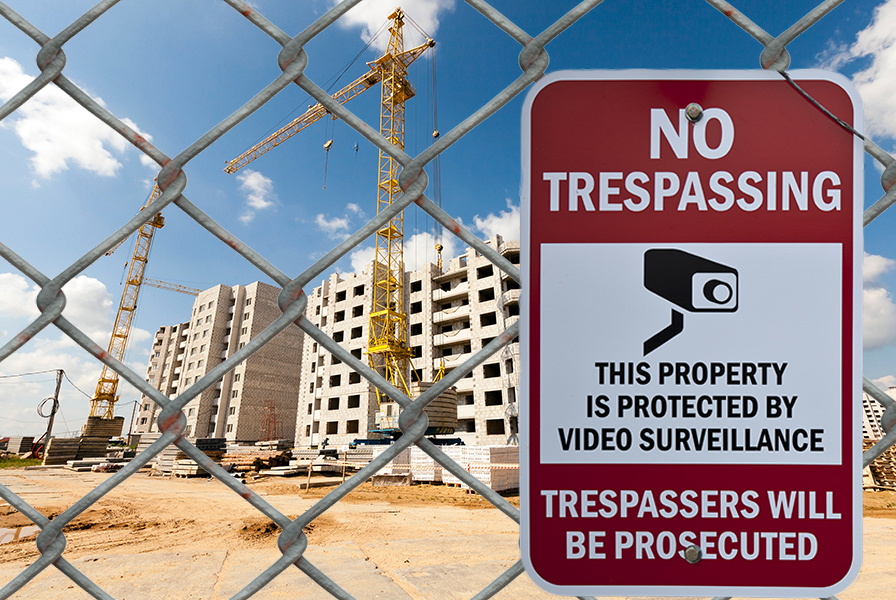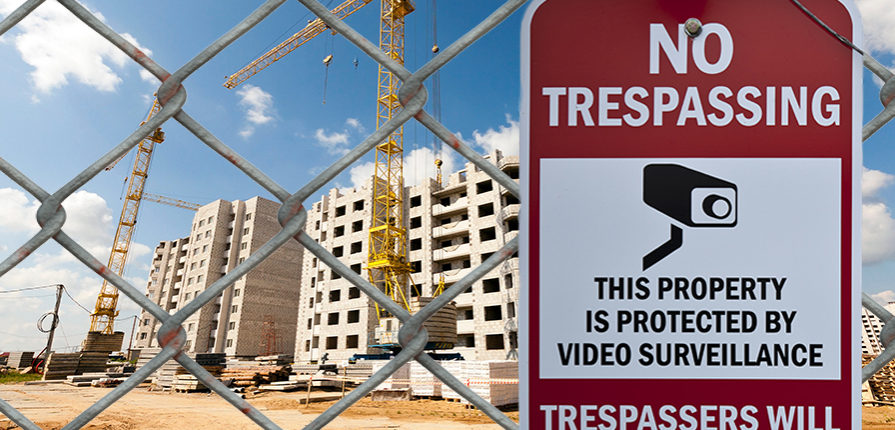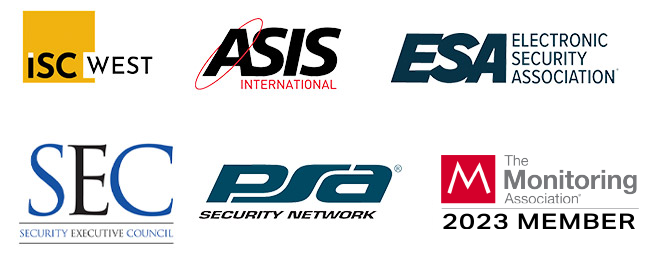
While loitering is not at the top of the list of security concerns for most construction sites, it should be. It is a behavior that, if left unchecked, can lead to a lot of potential problems at your construction site. It is important to understand what constitutes loitering, why it should be discouraged, and how you can prevent it from leading to criminal activity at your sites.
What is Loitering
Loitering is the act of gathering at or going to and remaining idle at a public place or business without the intent to utilize the space or patronize the business properly. Standing outside of a business for a prolonged period of time is not in itself a punishable crime in most places, but is often known to be associated with illegal acts. The legal definition of loitering can vary by state, and what actions law enforcement can take also vary. Loitering ordinances and statutes enable law enforcement to cut down on crimes such as prostitution, solicitation, panhandling, begging, drug dealing and other illegal acts. Often, however, the acts need to be witnessed by law enforcement before they can take action. This is, of course, problematic as it means these activities could already be causing problems for your site. This means that preventing loitering from occurring in the first place is crucial to keeping your site safe.
Why is it Important to Prevent Loitering?
To put it plainly, loitering is bad for the construction business and can be dangerous for anyone seeking to “hang out” at a construction site.
- It Can Lead to Injuries and Lawsuits. Construction sites are filled with dangerous materials, open work, and machinery that can all lead to serious injury if not handled properly. Those on the site without permission, after hours, and unsupervised can easily become injured. Such injuries can lead to lawsuits and additional problems.
- It Leads to Crime. Any kind of loitering leads to additional loitering and additional crimes. A gathering of people can lead to clashes between individuals. Allowing gathering provides a place for drug dealing and many other illegal activities.
- It Encourages Campers and Squatters. Laws to control loitering in public spaces such as parks can drive individuals to more secluded areas such as construction sites for shelter. This can lead to other dangerous activities such as using cookstoves and campfires in and around dangerous materials.
- It Leads to Property Damage. Loitering can lead to vandalism as well as other forms of property damage. Those gathering around the business may leave trash or seek to alter the area or use materials in unintended ways.
Preventing Loitering
To prevent loitering, it is important to take actionable steps.
- Post a “No Trespassing Sign.” In most areas, when a no trespassing policy is posted on the property, police are able to disperse anyone gathered on the property.
- Fence off Appropriate Areas. Enclose areas you do not want to be accessed by unauthorized individuals during off-hours.
- Use Remote Guarding Services. Remote guarding utilizes video surveillance cameras and live audio call-down to respond to and deter crimes such as loitering immediately.
Partner with Eyeforce
For over 20 years, Eyeforce has been at the forefront of helping protect organizations from the critical and emerging and evolving threats faced today with proactive, analytics-based video security solutions. We are pleased to work with auto dealerships to help provide a highly effective video security solution.





